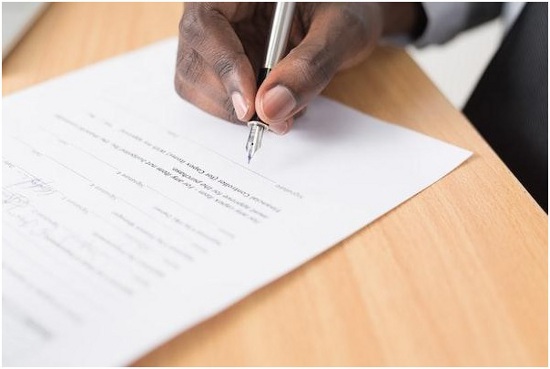Personal injuries can occur at any time and can drastically change your life. Filing a personal injury claim can help you get the compensation you deserve to recover from these unexpected accidents. But the process might seem daunting if you’re not familiar with how it works. In this article, we’ll explore the process for filing a personal injury claim and important things to consider throughout the journey.
Finding the Right Personal Injury Lawyer
Your first step in filing a personal injury claim is finding the right lawyer to represent you. A professional personal injury lawyer will guide you through the legal process, advise you on the strength of your claim, and help you achieve the compensation you deserve. It’s essential to take time researching lawyers, reading reviews, and meeting with potential candidates to find someone you trust and who has a proven track record with personal injury cases.
While looking for a lawyer, it’s essential to inquire about their experience in handling cases similar to yours. Experienced lawyers understand the intricacies of personal injury laws and can better represent you in negotiations and court trials. One such example of an experienced and professional attorney is Jon Walner, a Chicago personal injury lawyer.
Lastly, consider the fee structure before choosing a lawyer. Most personal injury lawyers work on a contingency fee basis, which means they only get paid if you win your case and receive compensation. Be sure to understand the percentage they will take from your compensation and any additional fees involved.
Gathering Evidence and Assessing the Claim
After securing legal representation, the next step is gathering relevant evidence to support your personal injury claim. This may include police reports, medical records, photographs, videos, and witness statements, among others. Collecting this evidence is crucial in establishing the other party’s negligence and demonstrating the extent of your injuries.
Proper documentation is also essential in assessing the value of your claim, which depends on several factors, including the severity of your injuries, the duration of your recovery, and the impact on your daily life. Be sure to keep track of medical expenses, lost wages, and any other costs associated with your recovery to help your lawyer determine an appropriate compensation amount. It’s advised to consult with medical and financial experts who can provide their expertise on your unique case.
Once all evidence is collected, your personal injury lawyer will analyze the viability of your case and advise you on how to proceed. Settling out of court or going to trial are the two primary options for pursuing a personal injury claim. Your lawyer will weigh the pros and cons of each option and recommend the best course of action based on your case’s specific circumstances.
Negotiating With Insurance Companies
Most personal injury cases begin with negotiating a settlement with the responsible party’s insurance company. Your lawyer will prepare and send a demand letter outlining your case, the evidence gathered, and the amount of compensation you’re seeking. The insurance company may accept, reject, or counter your claim.
Negotiations can be lengthy and complex, but having an experienced personal injury lawyer on your side will help you navigate the process and protect your interests. They will negotiate on your behalf to ensure you receive the maximum compensation you deserve while considering factors such as medical expenses, lost wages, and pain and suffering.
Preparing for a Personal Injury Trial
While most personal injury claims settle outside of court, sometimes a trial becomes necessary to pursue the compensation you deserve. Going to trial is a time-consuming and expensive process, requiring thorough preparation and a keen understanding of personal injury law.
Your lawyer will prepare for trial by gathering evidence, expert witnesses, and formulating a legal strategy to argue your case. They may also engage in pre-trial activities, such as mediation or arbitration, which serve as final opportunities to settle the claim before going to court.
During the trial, your lawyer will present your case to the judge or jury, outlining the facts, introducing evidence, and arguing on your behalf. If the judge or jury finds the defendant liable for your injuries, they may award you compensation accordingly. Keep in mind that the outcome and duration of a trial can be unpredictable, and there are no guarantees in court.
Overall, the process of filing a personal injury claim can be intricate and lengthy, so it’s essential to have an experienced lawyer by your side. They will guide you at every step, from finding the right personal injury lawyer to negotiating settlements and preparing for trial if necessary. By being informed and proactive, you increase your chances of receiving the compensation you need to recover from your personal injury and move forward with your life.





















